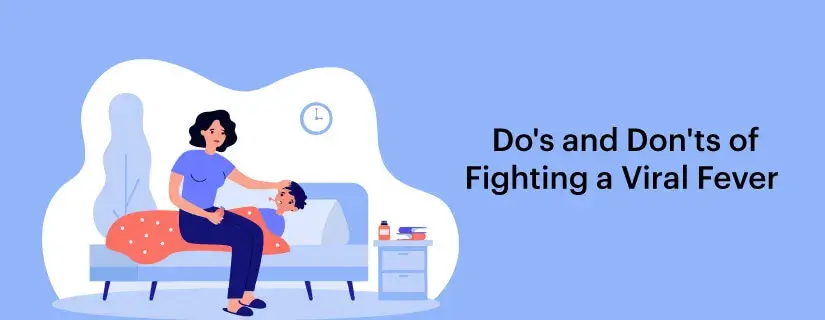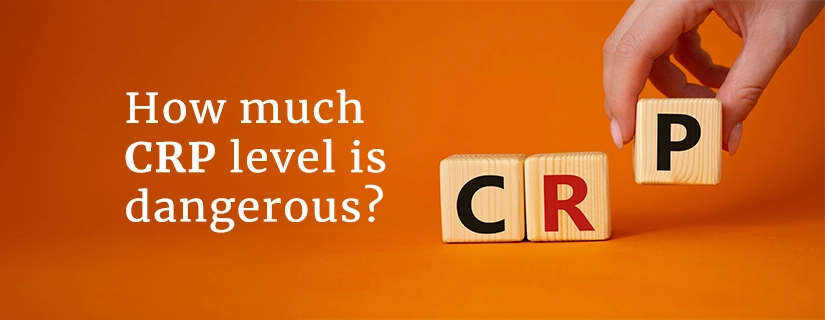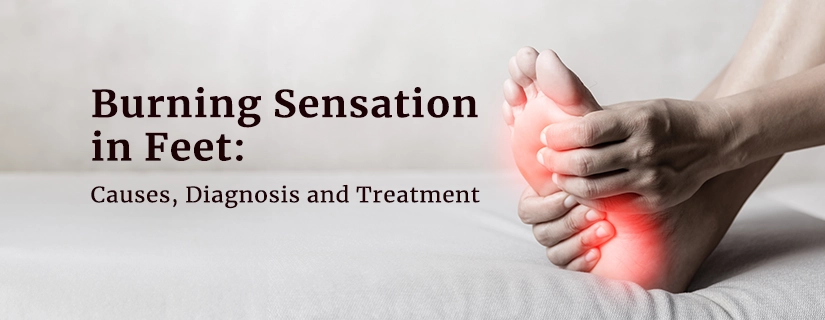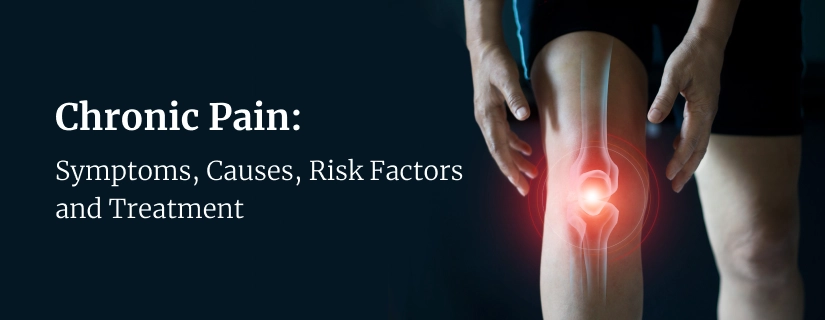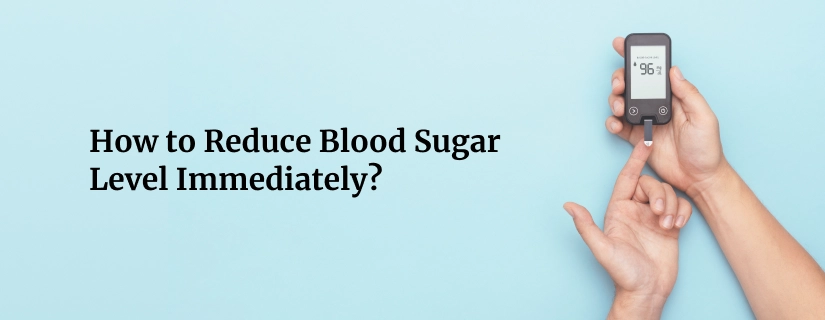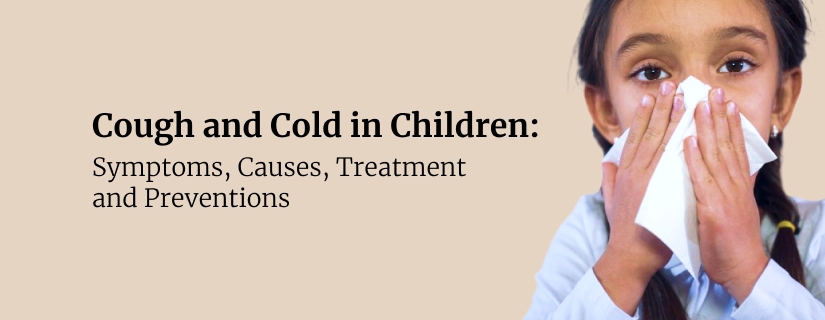-
Doctors
-
Specialities & Treatments
Centre of Excellence
Specialties
Treatments and Procedures
Hospitals & Directions HyderabadCARE Hospitals, Banjara Hills CARE Outpatient Centre, Banjara Hills CARE Hospitals, HITEC City CARE Hospitals, Nampally Gurunanak CARE Hospitals, Musheerabad CARE Hospitals Outpatient Centre, HITEC City CARE Hospitals, Malakpet
HyderabadCARE Hospitals, Banjara Hills CARE Outpatient Centre, Banjara Hills CARE Hospitals, HITEC City CARE Hospitals, Nampally Gurunanak CARE Hospitals, Musheerabad CARE Hospitals Outpatient Centre, HITEC City CARE Hospitals, Malakpet Raipur
Raipur
 Bhubaneswar
Bhubaneswar Visakhapatnam
Visakhapatnam
 Nagpur
Nagpur
 Indore
Indore
 Chh. Sambhajinagar
Chh. SambhajinagarClinics & Medical Centers
Book an AppointmentContact Us
Online Lab Reports
Book an Appointment
Consult Super-Specialist Doctors at CARE Hospitals
Insomnia: What it is, Symptoms, Causes and Treatment
Updated on 18 May 2023
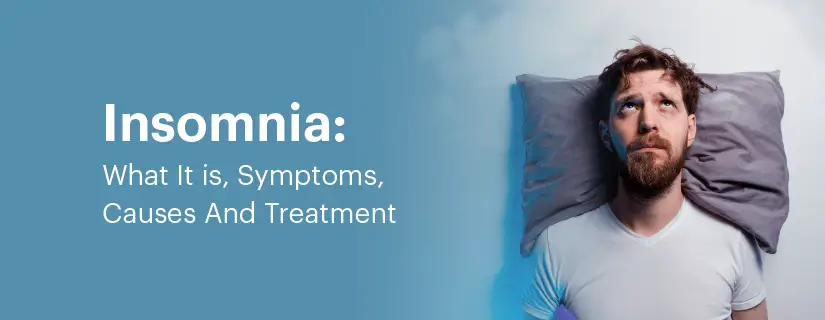
Table of Content
- What are the symptoms of Insomnia?
- What are the Types of Insomnia?
- What are the Causes of Insomnia?
- How is Insomnia Diagnosed?
- How is Insomnia Treated?
- Can Stress Cause Insomnia?
- How to Prevent Insomnia?
- Home Remedies for Insomnia
- Risk factors of insomnia
- Complications of Insomnia
- When to See a Doctor for Insomnia?
- FAQs
Sound sleep counts for our overall health and fitness. It is believed that exercising regularly or maintaining a healthy diet is necessary for an individual, similarly, quality sleep counts for keeping you energized throughout the day.
If you have persistent trouble falling asleep or staying asleep then you have a sleep disorder called insomnia. A person who may wake up after many hours of sleep yet is feeling tired, fatigued, or finds it difficult to work or concentrate during the day, then he/she is suffering from insomnia, which also affects our mental and physical state.
What are the symptoms of Insomnia?
The following are the signs/symptoms of insomnia:
- Difficulty falling asleep at night
- Waking up very frequently during the night
- Difficulty returning to sleep after waking up during the night
- Waking up too early in the morning
- Feeling unrefreshed or not well-rested after a night's sleep
- Fatigue or low energy during the day
- Difficulty concentrating, focusing, or remembering things
- Irritability, anxiety, or depression
- Increased errors or accidents due to lack of concentration or sleepiness
- Tension headaches
- Gastrointestinal symptoms like indigestion or stomach discomfort due to disrupted sleep patterns
- Persistent worries or concerns about sleep
All the above symptoms make you irritable; you may feel constant fatigue and mood swings. It becomes difficult to focus and memorize things.
What are the Types of Insomnia?
The various types of insomnia based on the duration include:
- Transient insomnia – lasts less than one month
- Acute or short-term insomnia – lasts between one and six months
- Chronic insomnia – lasts more than six months
What are the Causes of Insomnia?
The reasons causing insomnia vary depending upon the type of it. The causes of severe insomnia may include stress, side effects of medicines, changes in the place or location where you usually sleep, illness, jet lag, pain in your body, or some disturbing or upsetting event that may have taken place in the recent past or before.
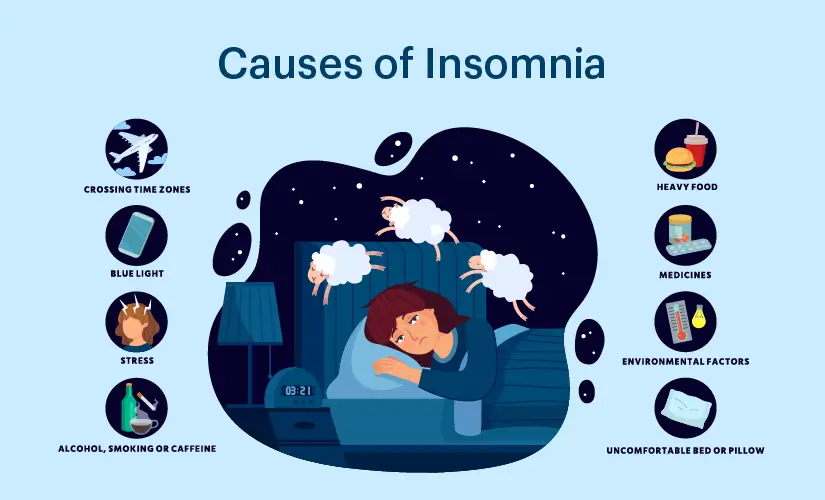
Chronic insomnia usually happens due to sleep disorders, certain health conditions like cancer, diabetes, acid reflux (known as GERD) back pain, arthritis, anxiety, depression, etc.
Insomnia can have various causes, and it often arises from a combination of factors. Some common causes of insomnia are:
- Stress and Anxiety: Mental health conditions such as stress, anxiety, depression, or significant life events can contribute to difficulty falling asleep or staying asleep.
- Poor Sleep Habits: Irregular sleep schedules, sleeping late, inconsistent bedtime routines, excessive napping during the day, or engaging in stimulating activities before bedtime can disrupt the body's natural sleep-wake cycle.
- Medical Conditions: Certain medical conditions, such as chronic pain, asthma, arthritis, allergies, gastrointestinal problems, neurological disorders, and hormonal imbalances (e.g., thyroid issues), can interfere with sleep.
- Medications: Some prescription medications for conditions like allergies, asthma, high blood pressure, depression, and ADHD can disrupt sleep patterns as a side effect.
- Caffeine, Nicotine and Alcohol: Consuming stimulants like caffeine or nicotine close to bedtime, or using alcohol excessively, can affect sleep quality.
- Environmental Factors: Noisy or uncomfortable sleeping environments, excessive light, extreme temperatures, or disruptions caused by shift work can hinder the ability to fall or stay asleep.
- Jet Lag or Changes in Schedule: Rapid changes in time zones (jet lag) or irregular work schedules that disrupt the body's internal clock can lead to insomnia.
- Poor Sleep Hygiene: Lack of regular exercise, poor diet, excessive screen time before bed, and using electronic devices emitting blue light can negatively impact sleep quality.
- Age: Insomnia can be more common in older adults due to changes in sleep patterns and increased likelihood of medical conditions.
- Genetics: Some individuals may have a genetic predisposition to insomnia or other sleep disorders.
How is Insomnia Diagnosed?
The doctor tries to find the existence of any physical or mental condition, stress levels in your personal and work life, sleep patterns and other health issues. The doctor may also ask questions about your day-to-day life to evaluate the symptoms like fatigue and irritability.
Once the doctor assesses your condition, you may be asked to keep a record of your sleep for a week or two. The details about the time when you go to sleep, how much time it takes before you fall asleep, whether you wake up during the night, and how many times you do so. Also, the time when you wake up is noted. After studying the sleep pattern, it will be easier to relate the causes of your insomnia. A sleep log or an app is usually recommended to note down all the required details.
Sometimes a sleep study is done to diagnose sleep disorders, where a CPAP machine is fixed to you at home to monitor sleep.
How is Insomnia Treated?
An individual suffering from insomnia may choose to opt for different treatments such as natural remedies, health supplements, therapy, and prescribed medicines.
- Natural remedies-There are a few natural ways to boost your sleep like taking warm milk before you sleep. The use of aromatic bath oil and room fresheners or essential oils can make you feel relaxed. Learning meditation and a few yoga asanas are found helpful too. Limit intake of heavy or spicy food and caffeine before bedtime.
- Health supplements and medicines- The doctor might prescribe you medicines based on how much sleep deprivation you have. These medicines are for short-term use or for a longer period depending upon each case. There are a few other supplements that can be given if your overall health needs monitoring. For example, a person might feel weak after undergoing surgery or prolonged illness.
- Therapy- It is like a one-on-one approach to help the patient take into account their condition.
- A therapist can suggest you stay engaged in some activities until you feel sleepy.
- The time you stay awake at night can be reduced slowly with some measures like not sleeping late in the morning to combat the sleep lost during the night.
Can stress cause insomnia?
Yes, stress is a common cause of insomnia. Insomnia refers to difficulties falling asleep, staying asleep, or experiencing restorative sleep, and stress can significantly contribute to these problems. Here's how stress can lead to insomnia:
- Increased Arousal: Stress triggers the body's "fight or flight" response, which releases stress hormones like cortisol and adrenaline. These hormones can increase alertness and make it difficult to relax and fall asleep.
- Racing Thoughts: Stress often leads to racing or anxious thoughts, making it challenging to quiet the mind and fall asleep. Worries about work, relationships, finances, or other stressors can keep you awake at night.
- Physical Tension: Stress can cause muscle tension and discomfort, making it uncomfortable to lie still and relax in bed. This physical discomfort can contribute to difficulty falling asleep.
- Chronic Stress: Prolonged or chronic stress can lead to a disruption of the body's natural sleep-wake cycle. Over time, this can result in a pattern of chronic insomnia.
It's important to address stress to improve your sleep quality and manage insomnia. Here are some strategies to help:
- Practice stress-reduction techniques such as mindfulness meditation, deep breathing exercises, or progressive muscle relaxation.
- Develop a bedtime routine that helps signal to your body that it's time to wind down and relax.
- Consider therapy or counseling to address the underlying causes of stress and learn coping strategies.
How to Prevent Insomnia?
There are a few other general suggestions to prevent insomnia.
- Do not perform any exercise excessively at night.
- Keep your bed clean to make you feel nice while sleeping.
- Addressing underlying mental or psychological issues like anxiety and depression can give better results.
- Be regular and fix a time for sleeping and waking, irrespective of a regular day or on weekends.
- Using dim lights and avoiding the use of electronic gadgets at least an hour before can help you fall asleep.
- Go out in the sun and do some physical activity regularly if possible.
- Do not take naps during the daytime once you know that your sleep at night gets affected because of that.
Home Remedies for Insomnia
If you're experiencing insomnia, it's essential to consult with a healthcare professional to determine the underlying causes and receive appropriate treatment. However, there are some home remedies and lifestyle changes that may help improve sleep quality and manage mild insomnia. Here are some suggestions:
- Establish a Consistent Sleep Schedule: Try to go to bed and wake up at the same time every day, even on weekends. This helps regulate your body's internal clock.
- Create a Relaxing Bedtime Routine: Develop calming activities before bedtime, such as reading, taking a warm bath, or practicing relaxation exercises like deep breathing.
- Optimize Your Sleep Environment: Make your bedroom conducive to sleep by keeping it dark, quiet, and cool. Consider using blackout curtains, earplugs, or a white noise machine if necessary.
- Limit Screen Time Before Bed: Avoid electronic devices like phones, tablets, and computers at least an hour before bedtime, as the blue light emitted can interfere with your sleep-wake cycle.
- Watch Your Diet: Avoid heavy or large meals close to bedtime, as well as caffeine and alcohol. These can disrupt your sleep patterns.
- Stay Active: Regular physical activity can promote better sleep. However, try not to exercise too close to bedtime, as it may energize you.
- Manage Stress: Practice stress-reduction techniques such as meditation, yoga, or progressive muscle relaxation to calm your mind and reduce anxiety.
- Consider Herbal Remedies: Some people find relief from insomnia with herbal teas like chamomile or valerian root. Consult with a healthcare provider before using herbal supplements.
Risk Factors of Insomnia
- Stress and Anxiety: Persistent stress, anxiety disorders, or significant life events can contribute to the development of insomnia.
- Mental Health Disorders: Conditions such as depression, bipolar disorder, post-traumatic stress disorder (PTSD), and other mental health issues are associated with a higher risk of insomnia.
- Age: Insomnia can occur at any age, but older adults tend to be more prone to sleep disturbances due to changes in sleep patterns and potential health issues.
- Gender: Women are more likely than men to experience insomnia, particularly due to hormonal changes during menstruation, pregnancy, or menopause.
- Medical Conditions: Chronic pain, asthma, allergies, gastrointestinal issues, heart disease, neurological disorders, and conditions that cause frequent urination (like urinary tract infections or prostate issues) can increase the risk of insomnia.
- Medications: Certain medications used to treat conditions such as allergies, high blood pressure, depression, asthma, or ADHD can disrupt sleep patterns and increase the likelihood of insomnia.
- Substance Use: Consuming caffeine, nicotine, or alcohol, especially close to bedtime, can interfere with sleep.
- Irregular Sleep Schedule: Shift work, frequent changes in work hours, or inconsistent sleep patterns can disrupt the body's natural sleep-wake cycle and increase the risk of insomnia.
- Family History: A family history of insomnia or other sleep disorders can predispose individuals to develop similar sleep problems.
- Poor Sleep Environment: Noisy, uncomfortable, or excessively lit sleeping environments can disrupt sleep and contribute to insomnia.
- Unhealthy Lifestyle Habits: Lack of physical activity, poor diet, excessive screen time before bed, and irregular bedtime routines can contribute to sleep disturbances and increase the risk of insomnia.
Complications of Insomnia
- Daytime Fatigue and Sleepiness: Insomnia often results in insufficient sleep, leading to daytime fatigue, excessive sleepiness, and reduced alertness, which can impair cognitive function and increase the risk of accidents or errors.
- Mental Health Issues: Chronic insomnia is associated with an increased risk of developing or exacerbating mental health conditions such as depression, anxiety disorders, and mood disturbances.
- Impaired Cognitive Function: Sleep plays a crucial role in memory consolidation, learning, problem-solving, and decision-making. Chronic insomnia can impair cognitive function, affecting concentration, attention, and overall mental performance.
- Weakened Immune System: Prolonged sleep disturbances can weaken the immune system, making individuals more susceptible to infections and illnesses.
- Increased Risk of Chronic Health Conditions: Chronic insomnia has been linked to an increased risk of developing chronic health issues such as cardiovascular diseases, hypertension, diabetes, obesity, and even certain cancers.
- Impaired Quality of Life: Insomnia can significantly impact an individual's quality of life by reducing productivity, affecting personal relationships, and diminishing overall well-being.
- Psychological Effects: Insomnia can contribute to irritability, mood swings, heightened stress levels, and an overall decline in mental health.
- Substance Abuse: Some individuals may turn to substances like alcohol or sedatives in an attempt to self-medicate and improve sleep, leading to a risk of dependency or addiction.
- Daytime Impairment and Accidents: Sleep deprivation caused by insomnia can increase the risk of accidents at work, while driving, or while operating machinery due to impaired alertness and slowed reaction times.
- Worsening of Existing Conditions: Insomnia can exacerbate existing health conditions, making management and treatment of these conditions more challenging.
It's important to address insomnia early to prevent these potential complications. Seeking professional help from healthcare providers, sleep specialists, or mental health professionals can aid in the identification of underlying causes and the development of effective strategies to manage and treat insomnia.
When to See a Doctor for Insomnia?
FAQs
1. Is there a cure for insomnia?
The goal of insomnia treatment is to improve sleep quality and manage symptoms. While many people can effectively manage their insomnia, a complete cure may not always be possible, especially if there are underlying medical or psychological issues.
2. What are the complications of chronic insomnia?
Chronic insomnia can lead to daytime fatigue, difficulty concentrating, mood disturbances, impaired job performance, and an increased risk of other health problems.
3. What are some lifestyle changes to improve sleep quality?
Strategies include maintaining a consistent sleep schedule, creating a relaxing bedtime routine, ensuring a comfortable sleep environment, avoiding caffeine and heavy meals before bedtime, and regular exercise.
4. Is medication necessary for treating insomnia?
Medication is an option for short-term relief of insomnia, but it is generally not recommended as a long-term solution due to the risk of dependence and side effects. Cognitive-behavioral therapy for insomnia (CBT-I) is often preferred for long-term management.
5. How long does insomnia last?
The duration of insomnia can vary. It may be short-term (acute) and last for a few nights or weeks, or it can become chronic, lasting for several months or longer.

ENQUIRY FORM
SELECT CATEGORIES
-
Neurosciences (16)
-
Neurology (37)
-
Neurosurgery (14)
-
Orthopaedics (46)
-
Oncology (33)
-
Obstetrics and gynecology (47)
-
Pulmonology (21)
-
Urology (20)
-
Nephrology (13)
-
Psychiatry (7)
-
Dietetics and Nutrition (108)
-
General Medicine (60)
-
Cardiac Sciences (30)
-
Vascular & Endovascular Surgery and Interventional Radiology (10)
-
Gastroenterology (45)
-
Endocrinology (23)
-
Plastic Surgery (10)
-
Critical Care Medicine (5)
-
COVID-19 (16)
-
Dermatology (16)
-
Emergency Care (1)
-
Ophthalmology (4)
-
Pediatrics (14)
-
Laparoscopic and Bariatric Surgery (8)
-
ENT (15)
-
Kidney Transplant (1)
-
Liver Transplantation and Hepatobiliary Surgery (5)
-
General Surgery (3)
-
Internal Medicine (5)
-
Medicine Information
Hypothermia – Causes, Symptoms, and Treatment
Antibiotic Resistance: What Is It, Complications and How to Prevent
YOU MAY ALSO LIKE
RECENT BLOGS
-
.webp)
12 Food Triggers for Migraines Headache
19 November 2024
Read More
-
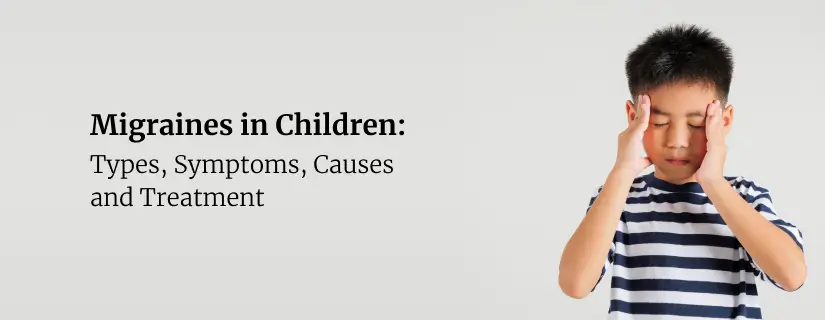
Migraines in Children: Types, Symptoms, Causes and Treatment
19 November 2024
Read More
-

Brain Herniation: Types, Symptoms, Causes and Treatment
19 November 2024
Read More
-
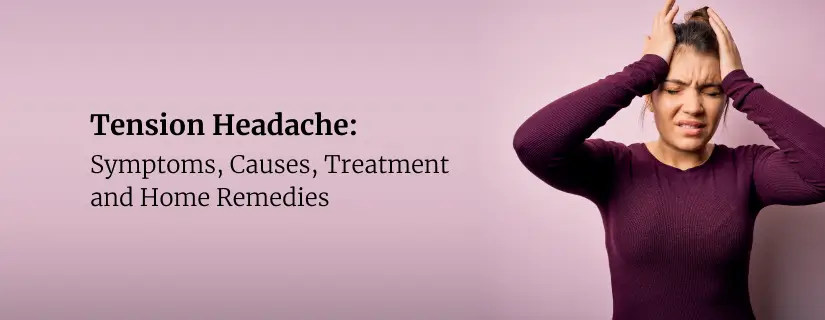
Tension Headache: Symptoms, Causes, Treatment and Home Remedies
19 November 2024
Read More
-
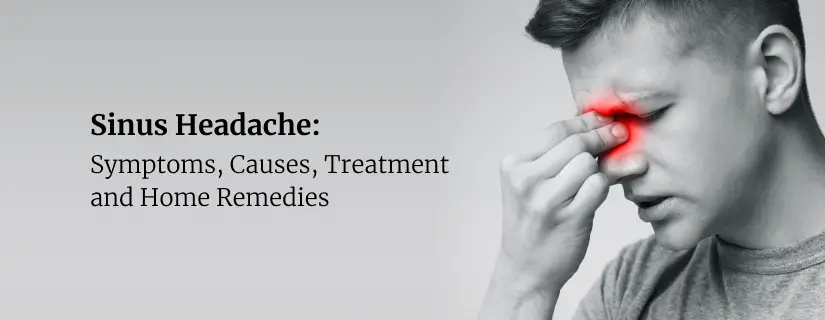
Sinus Headache: Symptoms, Causes, Treatment and Home Remedies
19 November 2024
Read More
-

Idiopathic Intracranial Hypertension: Symptoms, Causes and Treatment
19 November 2024
Read More
-
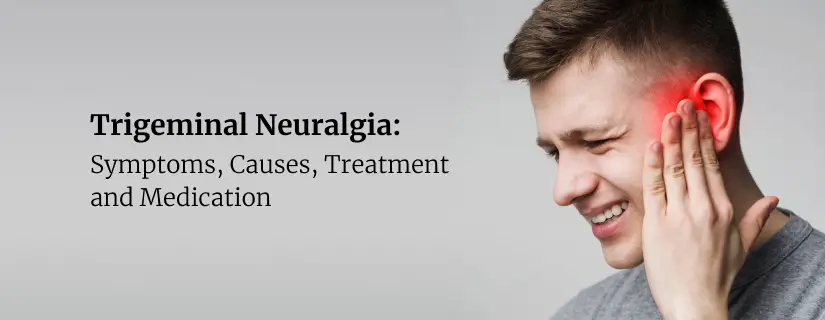
Trigeminal Neuralgia: Symptoms, Causes, Treatment and Medication
19 November 2024
Read More
-
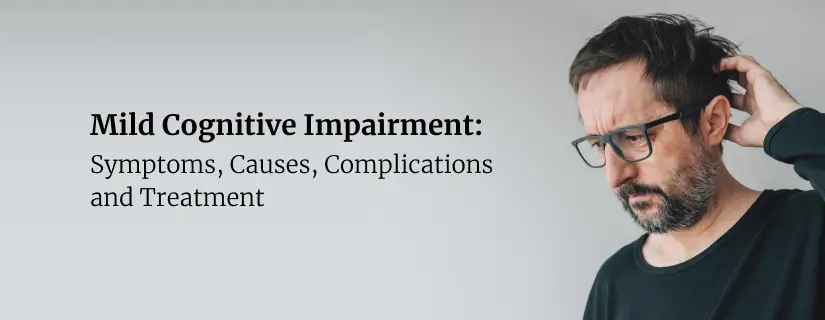
Mild Cognitive Impairment: Symptoms, Causes, Complications and Treatment
18 November 2024
Read More
Have a Question?
If you cannot find answers to your queries, please fill out the enquiry form or call the number below. We will contact you shortly.















